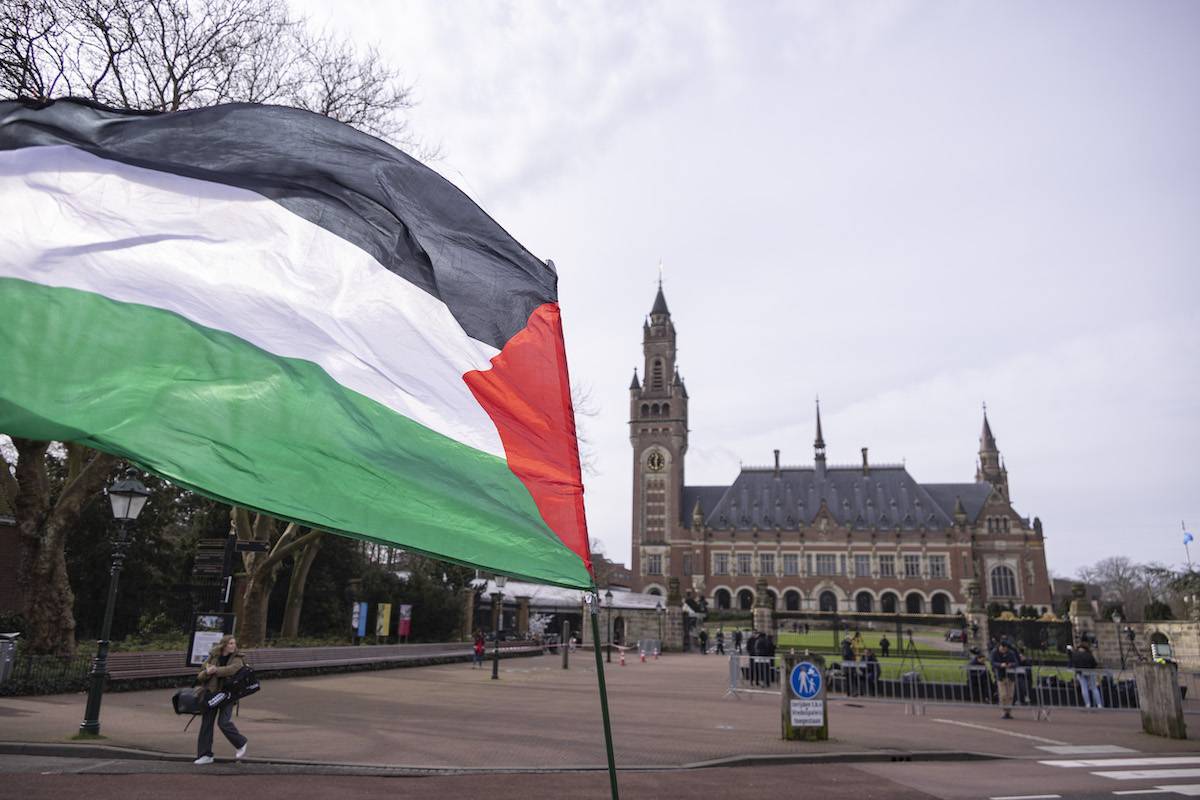As the bloody assault on Gaza continues, Israel is witnessing an unprecedented surge in petitions, letters and public statements signed by hundreds and thousands from various sectors and disciplines, all circulated widely to the public. These appeals share a single, unified demand: end the war — now, not later. The mounting pressure has pushed the government and its leader into a frenzied response, launching verbal attacks against the petitioners and demanding that the army’s leadership discharge any military personnel involved in the campaign.
For weeks, Israel has seen a snowballing movement centred around the goal of bringing the captives home and stopping the war on Gaza. It began with a petition signed by a thousand Air Force reservists, followed by members of various combat and security units, union members, lawyers, legal experts, academics and eventually, the families of fallen soldiers. The momentum shows no signs of slowing, and its final reach remains unknown.
A common message across the petitions from military units is a shared call to save lives and return the captives home without delay — even if that means an immediate end to the war in Gaza. The petitions argue that the continuation of the war serves political and personal interests, not security needs.
READ: Number of Israelis signing petitions demanding return of captives swells to 128,000
At the time of writing, over 120,000 Israelis have signed these petitions — a number unprecedented in the history of protest against previous wars. This marks a significant shift in the growing opposition to the ongoing war in Gaza, spanning two major groups in Israeli society. The first is civilian: including the families of soldiers killed in Gaza, academics, university staff, teachers and lawyers. The second is military and security-related: including military school students, paratroopers, infantry soldiers, Mossad and Shin Bet officers, National Security Council members, Air Force crews, armoured corps soldiers, army medical personnel, special forces units, spokesperson unit staff, surveillance teams, offensive cyber units, reservists, combat unit members, navy captains, Golani Brigade officers, artillery soldiers, the elite Unit 8200, and the General Staff’s elite unit.
Over the course of nearly 600 days of Gaza’s annihilation, Israel has witnessed ongoing protests, weekly demonstrations and mass sit-ins. Yet the current wave of petitions stands out as a significant and exceptional event, drawing intense national attention. This helps explain the volume and nature of both supportive and opposing responses, with growing speculation that these petitions may prompt more military branches to issue similar demands to halt the war — a trend already underway as this article is written. This lends weight and credibility to the possibility that this movement could successfully rein in the war’s continuation.
The petitions quickly mobilised opposition parties, who expressed support and accused the government of targeting what they described as the “spearhead” of the military — namely, the Air Force. This is the same group of pilots who, in the months before the Gaza war, signed similar petitions against judicial overhaul efforts and refused to participate in military operations serving a right-wing government. Their stance previously raised serious concerns within the military about leaving the state vulnerable should the Air Force become non-operational. The government’s approach to these petitions is now seen as dangerous and unethical, as it undermines the army, threatens national security and steers the state toward moral and strategic ruin.
The petition signatories emphasise that Israeli soldiers have paid a high price in the war, and they are now calling for an end to it. They argue that military force will not bring back the captives — only political solutions can. Every day the war continues represents a moral loss. They ask: why continue sacrificing the lives of soldiers and civilians in Gaza?
In contrast, the government’s response has been one of anger and escalation, culminating in a particularly incendiary statement by Prime Minister Benjamin Netanyahu, who crossed all lines by labelling the signatories as a “chaotic, evil, and noisy mob” whose “propaganda lies” the public no longer believes. He described them as a fringe “weed-like” group, directed by foreign-funded NGOs bent on toppling the right-wing government.
Other ministers joined in, accusing the signatories of an “unacceptable attempt to undermine the war’s legitimacy in Gaza” and calling for severe punishment. Initially, Chief of Staff Herzi Halevi ordered the dismissal of petition signatories, but as the campaign gained momentum and more officers joined, he reconsidered and instead opened dialogue with them — a move seen as a victory for the protestors over military and governmental leadership.
READ: The Board of Deputies of British Jews missed a possible turning point
The army’s leadership fears further protests by more military personnel, which could compound the challenges it faces, especially amid growing threats from multiple fronts. Adding a domestic front to these burdens risks pouring fuel on an already burning internal crisis.
The protest petitions coincided with a noticeable drop in reserve enlistment rates. Although reserve enlistment had reached 130 per cent in the early months of the war, recent figures show a sharp decline to 60–70 per cent, reflecting the increasing difficulty in recruiting additional reservists and amplifying calls to end the war.
There are many reasons behind these petitions — beyond the goal of retrieving the captives. Chief among them is the recognition that pursuing “the last fighter, last rocket, and last tunnel” in Gaza only leads to endless war. The societal and military cost has become unbearable. Signs of institutional decay are increasingly visible, military doctrines appear outdated, and the army is showing alarming signs of exhaustion and deterioration. The reckless drain on resources in Gaza has yielded consequences too glaring to conceal.
The views expressed in this article belong to the author and do not necessarily reflect the editorial policy of Middle East Monitor.


![People gather to stage a protest, demanding the continuation of the hostage swap agreement between Hamas and Israel, at Hostages' Square in Tel Aviv, Israel on February 22, 2025 [Mostafa Alkharouf/Anadolu Agency]](https://i0.wp.com/www.middleeastmonitor.com/wp-content/uploads/2025/02/AA-20250222-37137242-37137237-PROTESTERS_IN_TEL_AVIV_DEMAND_HOSTAGE_SWAP_AGREEMENT_TO_CONTINUE-scaled-e1740655570440.jpg?fit=1199%2C800&ssl=1)








